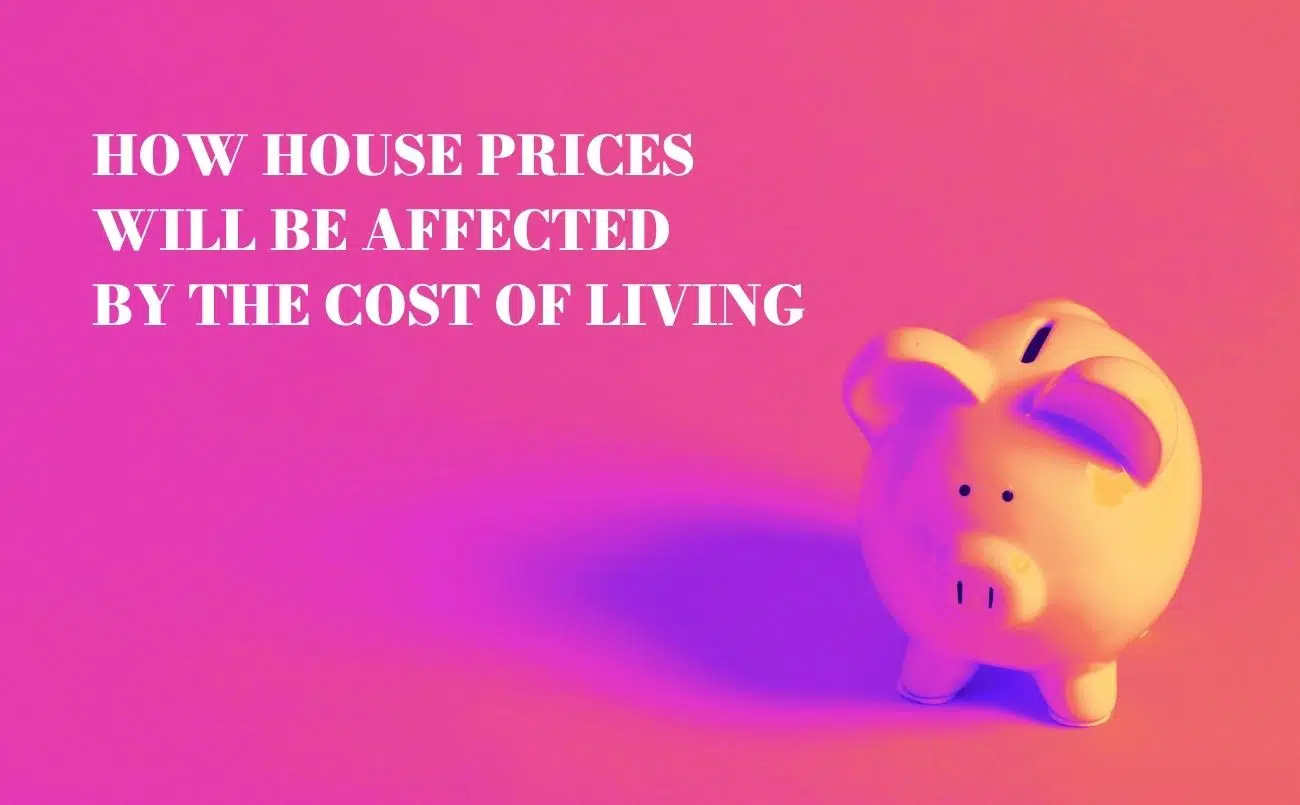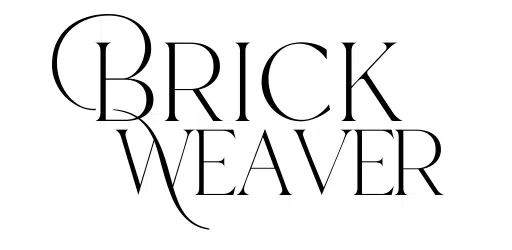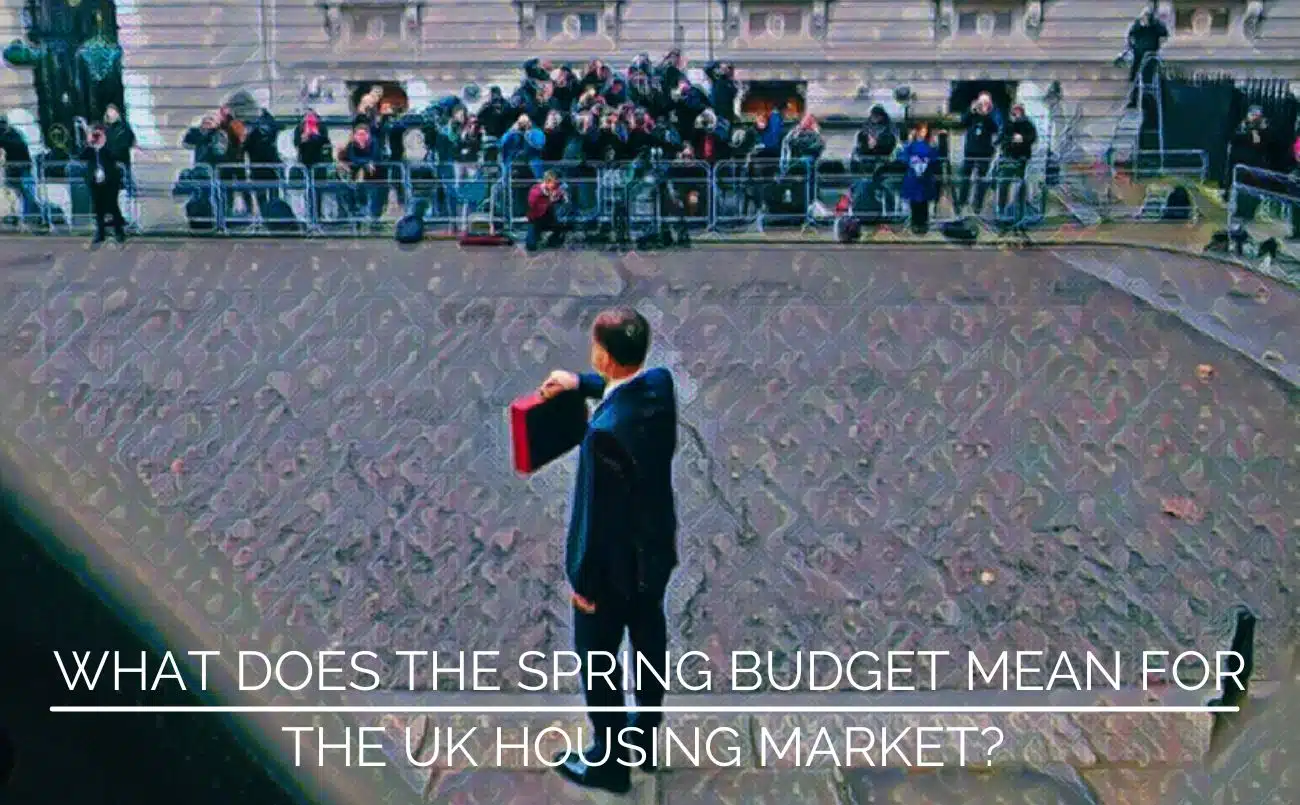
It’s difficult to see how house prices will be affected by the cost of living when the start of 2022 resembles a rush on the bar, to make last orders. But will buyers have the same disposable income to afford that final drink, come the end of the year? That extra cash to make that overextended bid?
Never has it been easier to spend money than now. The aftermath of Brexit and Covid have seen prices rise across the board. Yet this squeeze on our finances has yet to translate to house prices.
According to mortgage lender Nationwide, February saw the highest increase in average house prices over the course of a year to £260,000. This is an increase of £29,162 over the past 12 months. In cash terms that’s £44,138 higher than what you would have paid pre-pandemic in February 2020.
So what could slow the UK property market?
Inflation is high and is now expected to rise even further to 8pc, as a by-product of the war in Ukraine. This will result in further price hikes to gas, oil, petrol and food. Perversely though, the recent conflict may rein in the Bank of England’s plans to increase the base rate beyond 1pc this year, leaving borrowing levels lower than previously expected. This, accompanied with the proposed removal of current lending stress test measures, should the base rate increase. Will only further fuel the UK property market. Facilitating those with higher incomes but not the first-time buyers, it pretends to be helping.
Energy prices which are due to rise 55pc come April are also expected to increase again, later in the year. Many may hope for a warm spring, but come winter the full impact of heating and running your home will leave homeowners feeling chilly.
So why are UK house prices continuing to increase as inflation soars and the cost of living increases?
Many during the pandemic saved money and have utilised this saving to either invest or move up and down the rungs of the property ladder. For those, and there are many, looking to move to greener pastures and ‘detach’ themselves from City life. They find themselves competing for their idea of utopia and paying over the odds to secure a property.
But like poison ivy, expect a delayed reaction. There is a difference between knowing something is happening and realising it. For now, it’s relatively easy to live in denial about the impending tightening of disposable income. The substantial price rises have yet to be withdrawn from the direct debit. And despite food and petrol prices increasing, given most are working from home still, and are only now beginning to venture out, the impact of this has been diminished.
How long can it continue?
Expect 2022 to be a year of two halves. Come the end of 2022 a conflict will arise between what buyers want and what they are able to afford. And it will all come down to how much disposable income is left and confidence in the economy. The cumulative effect is that if you can’t afford to run a home and live the lifestyle you are accustomed to, or afford the school fees, then you can’t offer the same amount as you once could.
Where you previously had a chunk of pandemic change, your savings could resemble Emmental.
What follows is a stalemate between buyers and sellers on prices and a slower market. And that is how house prices will be affected by the cost of living.





